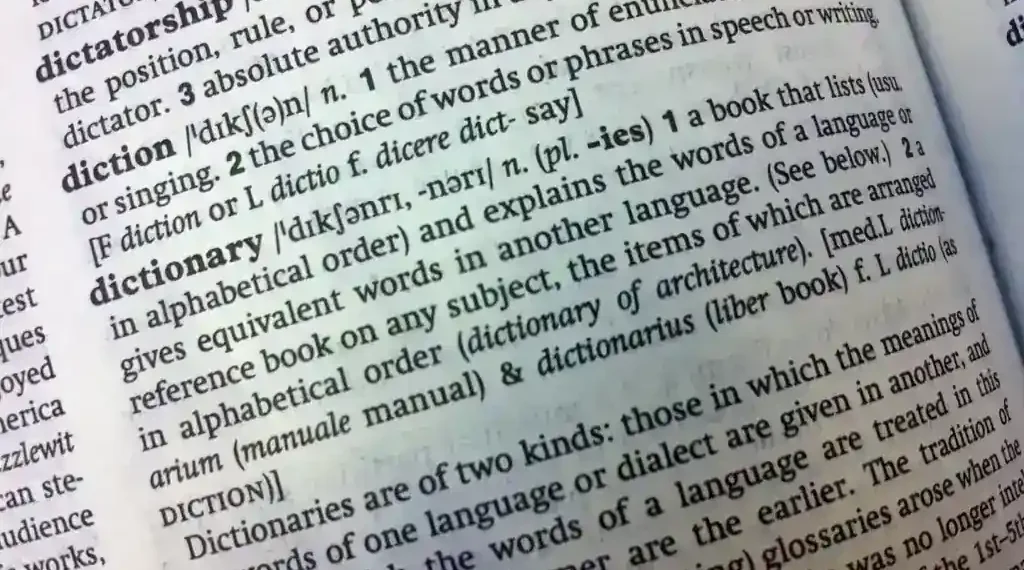Cambridge Dictionary Adds 6,000 New Words Reflecting Internet Slang and Social Trends
Published Time: 08-18-2025, 15:45
The Cambridge Dictionary has officially added more than 6,000 new words and expressions to its entries this year, underscoring how internet culture, social change, and global challenges are reshaping the English language. Among the most talked-about inclusions are terms like “skibidi” and “tradwife”, both of which reflect the growing influence of online communities and cultural trends on everyday speech.
Internet Slang Moves Into Mainstream English
According to Colin McIntosh, lexical program manager at Cambridge Dictionary, digital platforms are driving major shifts in how language evolves.
“Internet culture is changing the English language and the effect is fascinating to observe and capture in the dictionary,” McIntosh explained in a statement published by Cambridge University Press.
One of the most striking examples is “skibidi”, a word popularized by an animated YouTube series. The term can be used in different ways: to describe something as “cool,” to suggest something “bad,” or simply as playful nonsense. Its rise from internet meme to dictionary entry illustrates how quickly slang can move from niche subcultures into mainstream vocabulary.
Social Media Influence and Gender Roles
Another term officially recognized this year is “tradwife,” short for “traditional wife.” The word refers to a married woman who embraces conventional domestic roles—such as cooking, cleaning, and childcare—while often sharing this lifestyle on social media platforms.
The inclusion of “tradwife” reflects the ongoing cultural discussions about gender, family roles, and online identity. While celebrated in some communities, the concept has also sparked debates about modern feminism, traditional values, and the portrayal of women’s roles in digital spaces.
New Words Rooted in Technology and Remote Work
The impact of the COVID-19 pandemic continues to shape language as well. With remote work becoming widespread, the dictionary now includes the term “mouse jiggler.” This refers to a device or software program designed to simulate computer activity, making it appear that an employee is working when they may not be.
The word’s recognition highlights how technology and workplace dynamics have created new cultural norms—and new vocabulary to describe them.
Environmental Awareness Adds Scientific Terms
Beyond internet slang and workplace jargon, environmental issues are also influencing language. One notable addition is “forever chemical,” a phrase used to describe harmful substances that remain in the environment for decades without breaking down.
With growing global concerns over pollution and climate change, the term reflects both scientific realities and heightened public awareness of environmental risks.
How Cambridge Decides What Words Stay
Cambridge Dictionary uses the Cambridge English Corpus, a database of more than 2 billion words collected from written and spoken English worldwide. This allows editors to track how new terms are used across different contexts and communities.
McIntosh emphasized that not every trendy phrase makes the cut. “We only add words where we think they’ll have staying power,” he said, pointing out that the dictionary avoids fleeting expressions unlikely to remain relevant.
This careful process ensures that entries reflect genuine shifts in the English language rather than short-lived fads.
A Reflection of Global Communication
The addition of more than 6,000 words demonstrates how English continues to adapt in response to cultural, social, and technological change. With social media accelerating the spread of slang, global events shaping discourse, and digital innovation driving new behaviors, dictionaries like Cambridge are evolving to keep pace.
For language learners, educators, and professionals, these updates provide valuable insights into the dynamic nature of modern English. From playful slang like “skibidi” to serious scientific terms like “forever chemical,” the latest entries highlight the diverse ways people communicate in today’s interconnected world.
This article was rewritten by JournosNews.com based on verified reporting from trusted sources. The content has been independently reviewed, fact-checked, and edited for accuracy, neutrality, tone, and global readability in accordance with Google News and AdSense standards.
All opinions, quotes, or statements from contributors, experts, or sourced organizations do not necessarily reflect the views of JournosNews.com. JournosNews.com maintains full editorial independence from any external funders, sponsors, or organizations.
Stay informed with JournosNews.com — your trusted source for verified global reporting and in-depth analysis. Follow us on Google News, BlueSky, and X for real-time updates.














